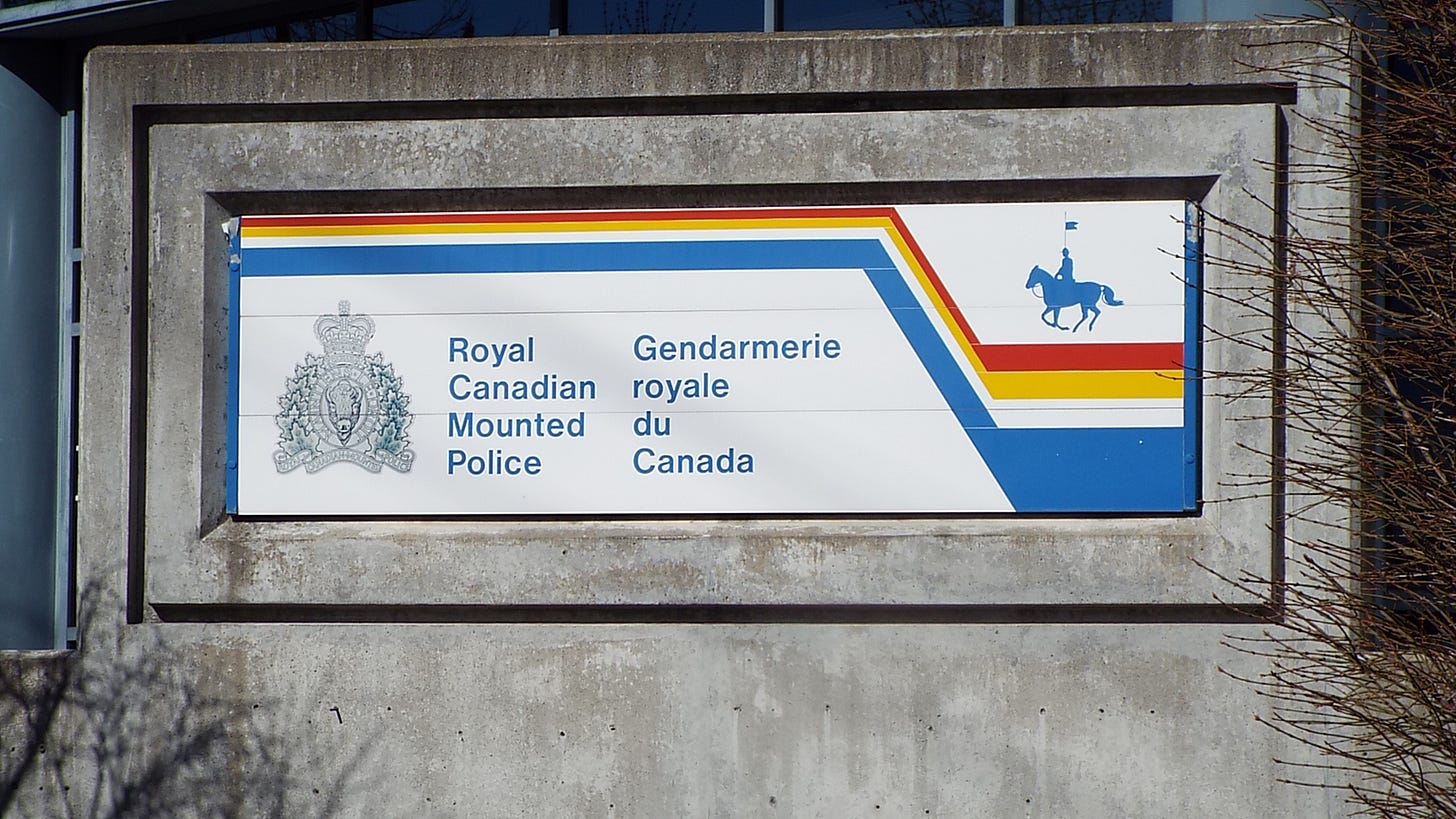What the Media Got Wrong About the “Secret RCMP Revolt Report”
A fact-check on sensational headlines, missing context, and what the RCMP document actually says about Canada’s next five years.
If you’ve been anywhere near Canadian politics feeds lately, you’ve probably seen some version of this floating by:
“Secret RCMP report warns Canadians may revolt once they realize how broke they are.”
Or:
“Canada may descend into civil unrest once citizens realize the hopelessness of their economic situation.”
Those lines have ricocheted around Facebook, X…




